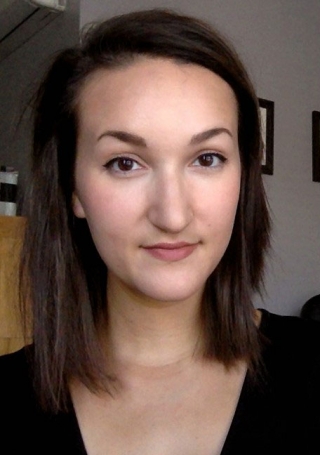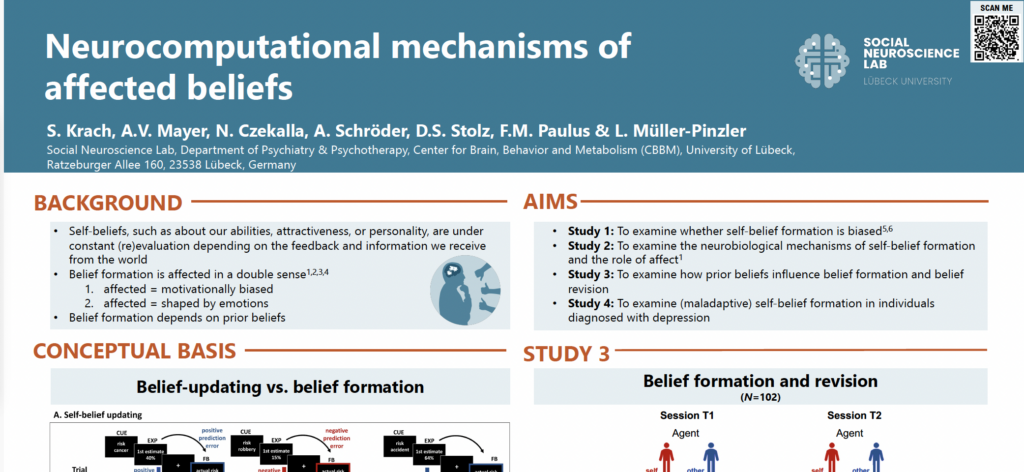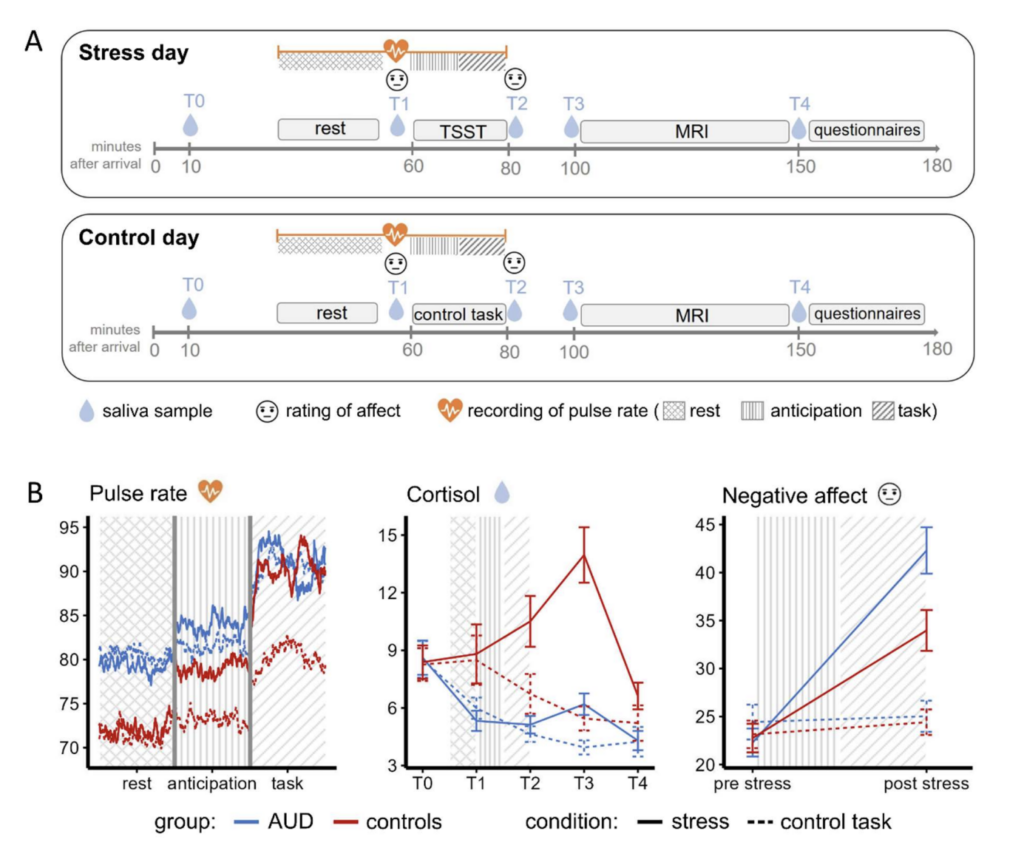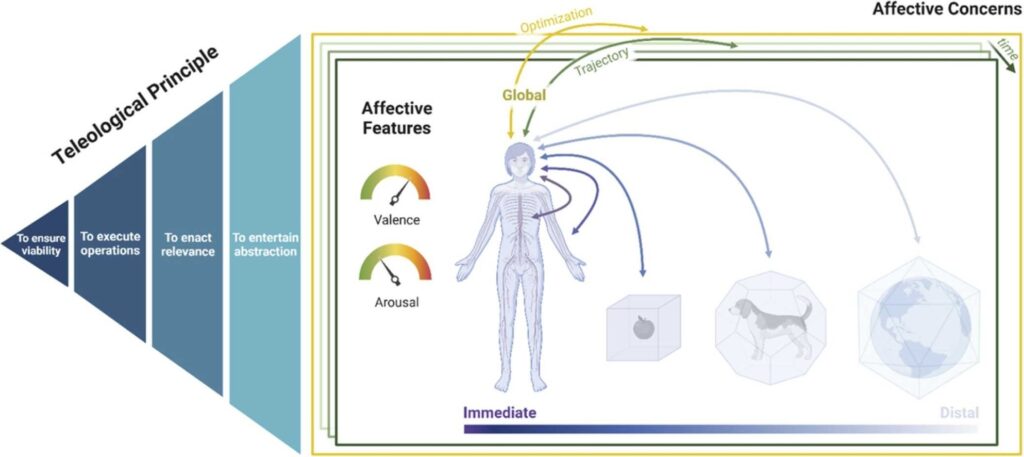Two months lab visit by Jessica Royer
The SNL welcomes Jessica Royer from McGill University (Montreal, Canada) for a two months lab visit. Jessica is a clinical neuropsychologist focusing on socio-affective networks in persons with epilepsy. She uses multimodal MRI and electrophysiology, specifically high-density scalp EEG and intracranial recordings. Her work at the Montreal Neurological Institute (MNI) is co-supervised by Dr. Birgit Frauscher […]
Two months lab visit by Jessica Royer Read More »








